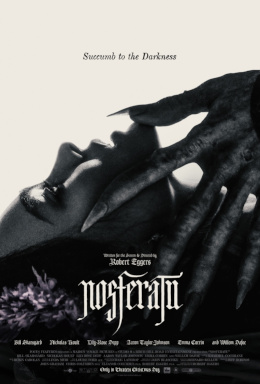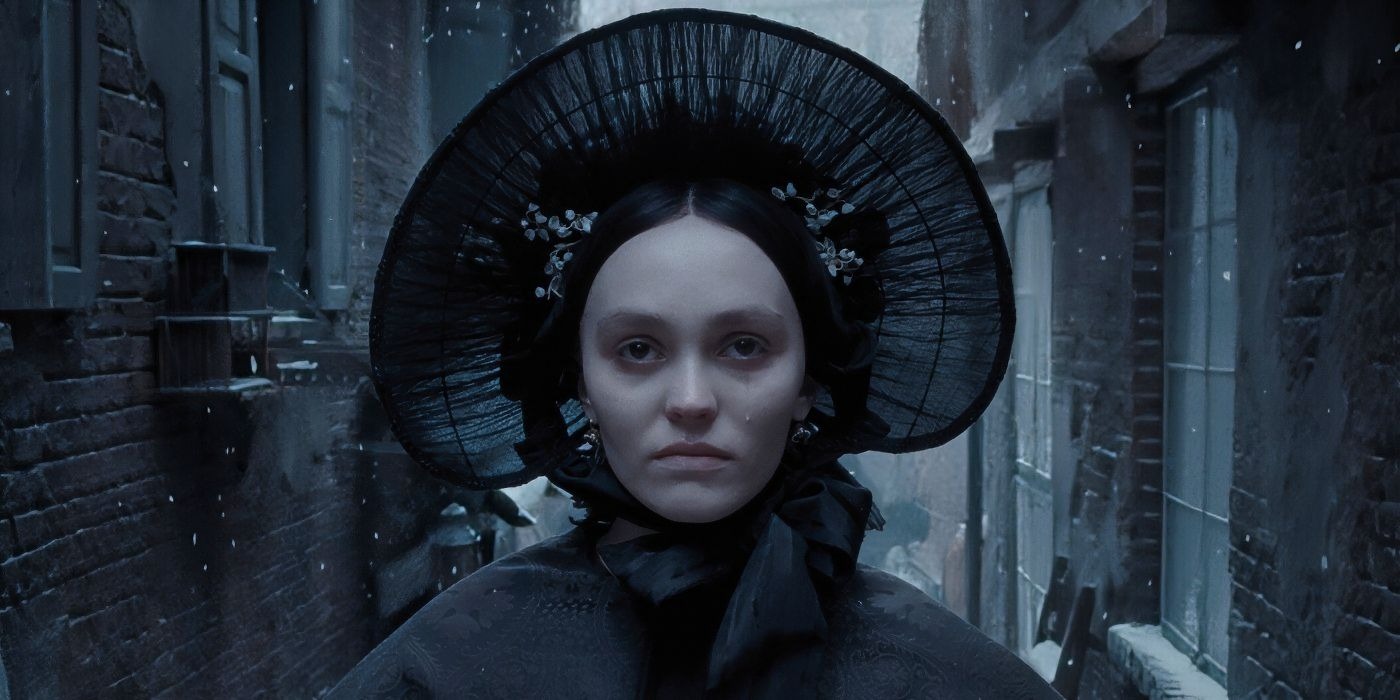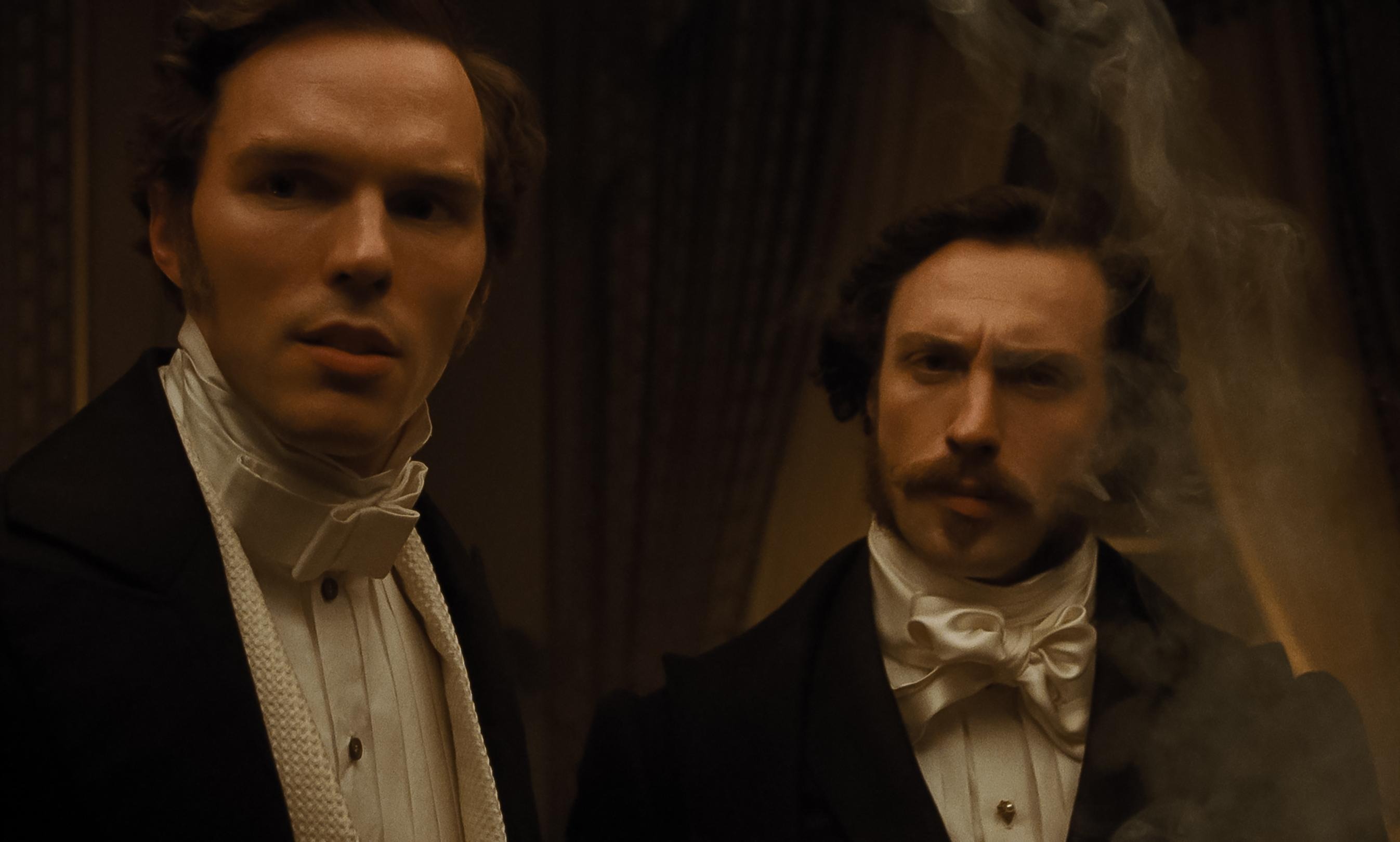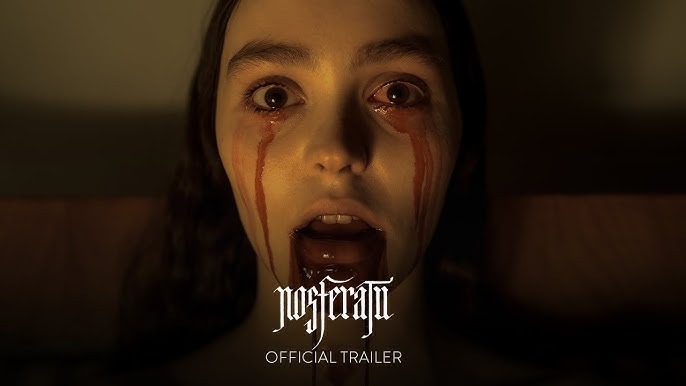Nosferatu 2024: A Modern Gothic Triumph
The 2024 adaptation of Nosferatu, directed by Robert Eggers, has proven to be a major box office hit and a polarizing topic of discussion among critics and audiences. Released during the competitive Christmas period, the film shattered expectations by grossing over $40 million in its five-day opening, far surpassing its initial $25 million projection. This success highlights the enduring appeal of classic horror reimagined through a modern lens.

Box Office Success and Cultural Appeal
The film’s impressive debut can be attributed to several factors. Horror fans celebrated Eggers’ reputation for crafting atmospheric and detail-rich narratives, as seen in his previous works like The Witch and The Lighthouse. Additionally, the market’s fatigue with blockbuster sequels and superhero films likely fueled interest in this gothic retelling. Positive word-of-mouth further boosted the film’s draw, with many viewers praising its unique aesthetic and commitment to the macabre.
Critical and Audience Reception
While Nosferatu 2024 has enjoyed commercial success, its reception has been more nuanced. Here’s a breakdown of the key points:
- Visuals and Sound Design: The film’s visuals and sound design have been widely lauded. Many have noted the eerie and immersive quality of its cinematography, with some suggesting it pays homage to the silent film era. The sound design, particularly its atmospheric use of music and effects, has also garnered significant praise.
- Performances: The cast’s performances have sparked mixed opinions. Bill Skarsgård’s portrayal of Count Orlok is described as “unsettling and captivating,” while Simon McBurney’s take on Herr Knock has been called “deranged and unhinged” in the best way possible. However, comparisons to earlier adaptations, such as Willem Dafoe’s iconic roles in related films, have divided audiences.

- Atmosphere and Themes: Eggers’ film is characterized by a palpable sense of dread and gothic elegance. While some viewers appreciated the exploration of themes like sexual hysteria and gothic horror’s darker underpinnings, others criticized these elements as overdone or lacking nuance. The film’s commitment to depicting unsettling and raw emotions is both a strength and a point of contention.
A Polarizing Legacy
Despite its artistic ambition, Nosferatu 2024 is not without detractors. Critics of the film argue that its narrative sometimes falters under the weight of its thematic goals, with some describing the script as needing tighter editing. Others felt the film leaned too heavily on shock value, particularly in its exploration of nudity and hypersexualized themes.
Still, the film’s ability to spark debate and draw comparisons to earlier adaptations, such as Werner Herzog’s 1979 Nosferatu and the original 1922 classic, underscores its cultural impact. Whether seen as a masterpiece or a flawed homage, Eggers’ Nosferatu stands as a testament to the enduring power of gothic horror.

Conclusion
The 2024 Nosferatu has solidified its place as a thought-provoking entry in the horror genre. Its box office triumph and polarizing reception highlight its dual role as both a crowd-pleaser and a conversation starter. For those seeking a film that blends unsettling beauty with gothic depth, Nosferatu 2024 offers a haunting experience that lingers long after the credits roll.



